Background of the case [i]:
One named Sapan Dhawan [ii], had visited appellants hotel [iii] at around 11 PM and upon reaching the hotel, he had handed over the keys of his Maruti Zen car to the hotel valet for parking. The car was insured with the United India Insurance Co. Ltd [iv] who was the first complainant in the first suit before the State Consumer Dispute Redressal Commission [v]. The parking tag which was handed over to him read inter alia:
IMPORTANT CONDITION: This vehicle is being parked at the request of the guest at his own risk and responsibility in or outside the Hotel premises. In the event of any loss, theft or damage, the management shall not be held responsible for the same and the guest shall have no claim whatsoever against the management.
Upon coming out of the hotel at around 1 AM, he found that his car was driven away by another person. He was informed by the security officer that when he went to pick the car of three boys, one of the boys, picked up the keys of the car of R2 from the desk, went to the car parking, and stole the Maruti Zen car. Though the security guard tried to stop him, he sped away. A complaint was lodged with the police, but the car remained untraced. R1 had already settled the insurance claim raised by R2 of the stolen car for Rs. 2,80,000. Thereafter R2 executed a Power of Attorney (POA) and a letter of subrogation in favour of R1, which entitled R1[vi] to file the complaint [vii] against A in the State Commission and R2 joined R1 as co-complainant. Their main claim was to seek the payment of the value of the car and the compensation for the deficiency in service.
The State Commission held that laws of bailment will apply when a customer pays to park his car in a parking lot [viii] and also noted that the price paid for food consumed in the hotel would include consideration for a contract of bailment from the consumer (bailor) to the hotel (bailee). A was directed to pay R1 a sum of Rs. 2,80,000 with 12% interest per annum and Rs. 50,000 towards litigation cost and to pay R2 a sum of Rs. 1,00,000 for inconvenience and harassment faced by him. An appeal [ix] against the order of the State Commission was filed before the National Consumer Disputes Redressal Commission, New Delhi [x] by A. The National Commission dismissed the appeal [xi] but reduced the interest amount from 12% to 9%.
Reasoning of the National Commission:
A tried to make his case before the National Commission by alleging that the Car owner is not the 'Consumer' as defined under Section 2(1)(d) of the Consumer Protection Act, 1986 [xii] as he had not paid any consideration for availing the service of the parking facility and differentiated the instant case with Hotel Hyatt Regency v. Atul Virmani [xiii] where the car owner had paid Rs. 900 for the parking. He also made the point that there was no negligence on the part of A as the guard had tried to catch hold of the three boys though in vain. While R1 and R2 tried to counter by explaining that the concept of 'owner's risk' does not completely exonerate the Hotel from its liability.
To arrive at its conclusion the National Commission applied the principle of infra hospitium [xiv]and observed that common law has historically imposed strict liability on a hotel for the loss of a guest's property if the guest and the property were within the hotel premises. It was noted that once the guest presents the car keys to the valet and possession of the car is transferred from the guest to the hotel, a relationship of bailment is established. To buttress this reasoning National Commission relied on various decisions by the Foreign Courts on strict liability for the property kept infra hospitium. It also held that the liability of a hotel cannot be precluded by a printed notice on the parking tag disclaiming liability. Aggrieved by the decision of the National Commission, A appealed [xv] before the Hon'ble Supreme Court [xvi]. The SC delivered its judgement [xvii] on 14.11.2019.
Observations of the Supreme Court on National Commissions judgement:
In the words of Supreme Court, we find that the National Commission has erred in adopting the common law Rule without justifying its choice or without noting the well-recognised exception in respect of the vehicles of guests. The annoyance of the SC is clearly visible as the decision of National Commission was not based on sound reasoning and it had only considered one view prevalent in some countries rather than looking at the matter holistically.
Reasoning of Supreme Court:
Following are the four issues formed by the SC to arrive at its conclusion.
- Whether the insurer had locus standi to file the complaint as a subrogee?
- Whether the Appellant-hotel can be held liable for the theft of a car taken for valet parking, under the laws of bailment or otherwise?
- If the second question is answered in the affirmative, what is the degree of care required to be taken by the Appellant-Hotel?
- Whether the Appellant-hotel can be absolved of liability by virtue of a contract?
Adjudication of issues:
First, the SC answered the first issue positively relying on the Economic Transport Organisation v. Charan Spinning Mills (Pvt.) Ltd. [xviii]
Second, The SC observed that the liability of hotel owners or innkeepers [xix] for the loss of, or damage to goods of their guest has been a subject of judicial consideration for a long time. But the SC observed that this issue has come up before the Court for the first time, and that seems the reason why the SC has given a wide and elaborate judgement. Hence it became necessary for the SC to look into the jurisprudence in this matter developed in other common law jurisdictions.
There are two [xx] approaches that mostly all common law countries follow albeit varyingly on the liability of an innkeeper for the loss or damage of the guests belonging; in our case vehicle.
- The common law rule of insurer's liability [xxi] wherein the innkeeper is treated as an insurer and made responsible for any loss or damage to the vehicle of its guest, regardless of the presence or absence of negligence on his part.
- The Rule of prima facie negligence [xxii] wherein the innkeeper is presumed to be liable for loss or damage to the vehicle of his guest but can exclude his liability by proving that the loss did not occur due to any fault or negligence on his part.
In common law rule is a strict liability rule wherein innkeepers were held strictly liable for the loss of or damage to a guest's horse or carriage placed within the confines of the inn. This is also called infra hospitium on which the National Commission based its decision. The only way they excuse themselves from the liability is if the loss or damage occurred by an act of God, an act of the public enemy, or the fault or negligence of the guest himself. [xxiii] The rationale behind this rule was that if this rule was not inflexibly enforced, travellers would not feel safe in entrusting their belongings to the in-keepers. [xxiv] The high point of this rule came in the first half of the 20th century. [xxv] But in 1954, the Law Reform Commission in England recognised the unfair burden placed on the innkeepers and suggested to reduce the liability of the innkeepers, which resulted in the Hotel Proprietors Act, 1956, whereby application of the common law strict liability was limited by this legislation. The SC also discussed the similar provisions available in other common law jurisdictions like Singapore [xxvi] and Australia (states like New South Wales [xxvii] and Victoria [xxviii]). In the USA the States are divided as some states (Oklahoma and Utah) continue to apply strict liability rule, while some have adopted a moderate path balancing the interests of hotel owners and guests. [xxix]
In prima facie liability rule also the hotel owner is presumed to be liable for lossor damage to the vehicle of the guest upon his failure to return the same but he is also afforded an opportunity to exonerate himself by proving that the loss did not arise dueto negligence or fault on his part or that of his servants. [xxx] This rule is also in consonance with one of the basic tenets of natural justice. [xxxi] This Rule is prevalent in several jurisdictions in the United States including states like Indiana, Illinois, Kentucky, Maryland, Texas, and Vermont as well as in other common law jurisdictions where strict liability for vehicles has been excluded by statute. [xxxii]
In this context after discussing two approaches, the SC noted that the rule of infra hospitium based on which the National Commission delivered its judgement,is the first time used by any Court in India, hence, there is no precedent on this rule in Indian judgment. Now the SC had two approaches followed in the common law countries between which it had to make a choice, and it is amply clear that following the realist school of thought [xxxiii], the SC has put its choice on the prima facie liability rule. The following extract from paragraph 15 validates that.
[K]eeping in view the change in socio-economic conditions in India, we do not think it proper to impose a standard of strict liability upon hotel owners. Due to the growing population and the parallel economic expansion in the country, hotels and similar establishments are much more accessible to the public than they may have been a few decades ago. Hotels have also launched diversified services to keep up with changing times and to meet growing competition from alternate hospitality ventures. Hence, a person may frequent hotels for limited periods of time for purposes other than residing as a guest in the rooms. For example, a person may visit a hotel for business meetings, conferences, weddings, dinner outings, and so on. In all such situations, if the hotel is made strictly liable for the safety of vehicles of these persons without proof of negligence on its part, it may lead to grave injustice. Given the growing number of visitors, hotels cannot be expected to maintain surveillance of each and every vehicle parked on their premises at all times.
(Emphasis Supplied)
Having adopted the moderate path of prima facie liability rule, the SC ventured into an inquiry whether there exists any bailment relationship between vehicle owner (customer of the hotel) and the Hotel. For that, the SC had to make inquiry whether the custody or possession of the vehicle was purposefully handed over to the hotel (as is the case with valet parking) or whether the complainant was merely allowed to park his car in a parking space or facility. In the latter case, it is the owner's responsibility to find a suitable parking spot, park the vehicle correctly, return, and take out the vehicle upon display of the parking token/slip. [xxxiv] Hence, in such situations, it cannot be considered that possession has been handed over or that a relationship of bailment has been created. [xxxv] This creates only a licensor-licensee relationship where laws of bailment or the prima facie liability Rule cannot be applied. [xxxvi]
On the other hand, in a situation where the hotel actively undertakes to park the vehicle for the owner, keep it in safe custody and return it upon presentation of a parking slip in a manner such that the parking of the vehicle is beyond the control of the owner, a contract of bailment exists. [xxxvii] Thus, the hotel would be liable as a bailee for returning the vehicle in the condition in which it was delivered.
The SC observed that the National Commission is wrong in holding that the laws of bailment would apply only when a customer makes a separate payment to park the car in a parking lot. [xxxviii] Again to drive home the point, the SC again adopted a realist view and held in Paragraph 18 as follows,
In any case, it is common knowledge that 'complimentary' services provided by 5-star hotels are not actually free-of-cost. These services are covered by the exorbitant rates charged for renting of rooms, food, entry fee to lounges and clubs, and so on. It cannot be denied that valet parking service, even if offered gratuitously, benefits the hotel. A hotel holding itself out to the public as providing such a service seeks to pitch it as a value addition to the experience of a guest and incentives greater foot fall. In fact, many luxury hotels are located in central urban areas which are prone to congestion, thereby necessitating valet parking to protect guests from overcrowding and pollution caused by haphazard parking of vehicles. In such a setting, the provision of valet parking offers the hotel an edge over others, as visitors are generally inclined to accept the invitation of greater convenience furnished by the hotel, i.e. of having someone else park their vehicles in a secure place. Therefore, for such cases, there exists an implied consideration for the contract of bailment created by virtue of the valet parking service.
Third, having established the existence of a bailment relationship, one thing became amply clear that the provisions of bailment enumerated in Chapter IX of the Indian Contract Act, 1872 [xxxix] will be applicable to the case hence, the next inquiry that the SC had to make was on the failure of A to deliver R2, as this made out a prima facie case of negligence and hence the burden of proof shifted on the hotel (bailee) to show that efforts were undertaken by it to take reasonable care of the vehicle bailed and that the theft did not occur due to its neglect or misconduct. In this inquiry Sections 151 [xl] and 152 [xli] of the Contact Act became relevant. One thing to note here is both these sections do not make any distinction between a gratuitous bailee and a bailee for the reward. [xlii] The SC also noted that Section 152 explicitly excludes the enforcement of strict liability against bailee. Thus, the SC arrived at the conclusion that the hotel (bailee) was negligent in taking the case of the car (as the keys were under the watch of the valet driver when three boys stole the car).
Forth, having concluded that the hotel was negligent in keeping the custody of car safe, the final inquiry that the SC had to make was whether it is open to the hotel (bailee) to contract out his liability for negligence beyond what is already provided Under Section 152 of the Contract Act i.e. can the bailee contractually exclude liability for his negligence or that of his servants?
To answer this issue the SC thoroughly discussed the case of Sheik Mahamad Ravuther v. The British Indian Steam Navigation Co. Ltd., [xliii] in which full Bench of the Madras High Court had by 2:1 ruling, held that a carrier is not exempted from liability for his negligence or that of his servants unless such an exemption is made in express terms through a 'specific negligence clause. While holding so, they also noted that such a contractual exemption, if properly made, would not be contrary to public policy. Chief Justice Sir Arnold White who formed the majority opinion based his opinion on the Common Law of England. But Indian judge on the bench Sankaran Nair J. unlike his brother judges premised his observations solely on the Contract Act, and not on the common law of England opining that it is not open to a bailee to contract out of the minimum standard of liability Under Section 151. He observed that,
The provision in Section 152 that a bailee may undertake a higher responsibility, the absence of a similar provision that he may limit the liability imposed by Section 151, and the fact that, in the chapter IX relating to Bailment, whenever a Rule of law is intended to operate only in the absence of a contract to the contrary it is expressly so stated [xliv] leave no doubt in my mind that a bailee's liability cannot be reduced by contract below the limit prescribed by Section 151. In fact, throughout the Act, whenever the legislature intended that the provisions of the Act should be enforced only in the absence of a contract between the parties they have said so.[xlv]
Interestingly, the opinion of the Sankaran Nair J. was minority opinion and majority opinion delivered by Chief Justice Sir Arnold White and his brother justice Wallis was largely followed by the Indian High Courts [xlvi] subsequently. Law commission of Indian in its thirteenth report [xlvii] and Pollock and Mulla [xlviii] have also in their commentary on the Contract Act hold the same view.
But the SC differentiated the Sheik Mahamad with the case at hand by holding thatformer case of a common carrier at sea is different from a hotel which undertakes to park vehicles for its guests on a stationary land and chose to accept the views of Sankaran Nair J. The SC explained that the clauses exempting the carrier become necessary due to the unpredictable nature of the sea, the same is not required in the stationary place like a hotel. The SC held that,
[t]he guest has an implicit expectation that the repute and standards of 5-star hotels would entail adequate safety of the vehicles handed over for valet parking. Thus, in such a scenario, if the hotel is allowed to exclude its liability for negligence by way of a contract, the standard of care imposed Under Section 151 will become illusory and virtually redundant, rendering consumers vulnerable without any remedy. In our view, the standard of care required to be taken by the hotel as a bailee Under Section 151 is sacrosanct and cannot be contracted out of.
The SC held that the hotels are at liberty to print clear contractual disclaimers notifying their guests that their liability is excluded for loss or damage to vehicles taken for valet parking which are occasioned by acts of a third party, contributory negligence or by force majeure events. However, it will be subject to the hotel discharging its initial burden of proving that it fulfilled the standard of care imposed Under Section 151 of the Contract Act. It also made it clear that bailee is at liberty to accept a higher standard of liability, but in any case, it can never be less than the standard of care he has to take under Section 151.
Conclusion:
One thing is very much clear that the Supreme Court has with this one case put to rest many legal issues pertaining to the contract of bailment in general and liability of hotels qua their guests in particular. This judgement will act as binding authority in many future litigations. This judgment will also act as a precedent for the legal issues for which there is no precedent available in Indian case laws, as it will guide future judges and lawyers on how to use foreign judgments from common law jurisdictions.
Author: Parth Thummar,
1st year LL.B. (Hons. in IPR) at Rajiv Gandhi School of Intellectual Property
[i] 2019 (6) ALT 274, IV (2019) CPJ 44 (SC), (2020) 1 MLJ 261, 2019 (16) SCALE 201, (2020) 2 SCC 224.
[ii] Hereinafter R2 (Respondent no 2).
[iii] Hereinafter A (Appellant).
[iv] Hereinafter R1 (Respondent no 1).
[v] Hereinafter State Commission.
[vi] Initially the State Commission had dismissed the complaint holding that insurance company which was acting as a subrogee cannot qualify as a consumer, but on appeal, the National Commission relying on the Economic Transport Organisation v. Charan Spinning Mills (Pvt.) Ltd. [(2010) 4 SCC 114] remanded the complaint back to the State Commission holding that the R1 had locus standi to file the complaint.
[vii] Consumer Complaint No. 198 of 1999.
[viii] See, Bombay Brazzerie v. Mulchand Agarwal [(2002) NCDRC 42] and B. Dutta, Senior Advocate v. Management of State [(2010) 1 CPC 319].
[ix] First Appeal Nos. 440 of 2016.
[x] Hereinafter National Commission.
[xi] I (2018) CPJ 546 (NC).
[xii] Hereinafter the Act of 1986.
[xiii] III (2008) CPJ 281 (NC).
[xiv] Latin phrase for 'within the hotel'. This maxim creates the rule of strict liability. See, Abercrombie v. Edwards [62 Okla. 54, 161 P. 1084] where the Hon'ble Supreme Court of Oklahoma had extended the common law of strict liability to the innkeepers statute of Oklahoma and held that to hold innkeepers strictly liable it is sufficient if they are brought into the inn in the usual and ordinary way and are not retained under the exclusive control of the guest, but are under the general and implied control of the innkeeper."
[xv] Civil Appeal No. 8611 of 2019 (Arising out of S.L.P. (Civil) No. 11213 of 2018).
[xvi] Hereinafter the SC.
[xvii] Supra note i.
[xviii] (2010) 4 SCC 114; In this case the SC had held that a consumer complaint filed by an insurer acting as a subrogee is maintainable if it is filed by the insurer and the assured as co-complainants.
[xix] As they were traditionally called.
[xx] John E.H. Sherry, The Laws of Innkeepers: For Hotels, Motels, and Restaurants, 415-417(3rd edn., Cornell University Press 1993).
[xxi] Hereinafter the common law rule.
[xxii] Hereinafter prima facie liability rule.
[xxiii] Joseph James Hemphling, 'Innkeeper's Liability at Common Law and Under the Statutes' (1929) 4(7) Notre Dame Law Review 421, 422.
[xxiv] Dickerson v. Rogers, 4 Humph 179 (1843), also see Aria v. Bridge House Hotel (Staines) Ltd., (1927) 137 LT 2994.
[xxv] See, Williams v. Linnitt, 1 ALL E.R. 278 (Eng. 1951).
[xxvi] The Innkeeper's Act of 1921.
[xxvii] Innkeepers Act 1968, Section 6(a).
[xxviii] Carriers and Innkeepers Act, 1958, Section 29(a).
[xxix] Sherry, supra note xx.
[xxx] See Laird v. Eichold, 10 Ind. 212 (1858).
[xxxi] Latin maxim Audi alteram partem i.e. listen to the other side.
[xxxii] Sherry, supra note xx.
[xxxiii] This school of jurisprudence thinks that life of law is not only logic but experience.
[xxxiv] See, Ashby v. Tolhurst. [1937] 2 K.B. 242.
[xxxv] See, Tinsley v. Dudley, [1951] 2 K.B. 19.
[xxxvi] Supra note 34.
[xxxvii] See, New India Assurance Co. Ltd. v. Delhi Development Authority, AIR 1991 Del 298.
[xxxviii] As under Section 148 of the Indian Contract Act, 1872, a contract of bailment may be gratuitous.
[xxxix] Hereinafter the Contract Act.
[xl] It makes provision on the Care to be taken by bailee.
[xli] It makes provision on the Bailee when not liable for loss, etc., of thing bailed.
[xlii] See, Port Swettenham Authority v. T.W. Wu & Co. [1979] A.C. 580.
[xliii] (1909) ILR 32 Mad 95, also see Price & Co. v. Union Lighterage Company, (1903) 1 K.B. 750.
[xliv] See Sections 163, 165, 170, 171 and 174.
[xlv] See Sections 109, 113, 116, 121, 93, 94, 95, 202, 219, 221, 230, 241, 253, 256, 261, 265.
[xlvi] See Kariadan Kumber v. British India Steam Navigation, (1913) 38 Mad. 941; Hollandia Pinmen v. H. Oppenheiner, AIR 1924 Rang 356; Bombay Steam Navigation Ltd. v. Vasudev Baburao Kamat, ILR (1928) 52 Bom 37; L akhaji Dollaji & Co. v. Boorugu Mahadeo Rajanna, 41 Bom LR 6;I ndian Air Lines Corporation v. Jothaji Maniram, AIR 1959 Mad 285;S tate Bank of India v. M/s. Quality Bread Factory, Batala, AIR 1983 P & H 244; Central Bank of India v. M/s. Grains & Gunny Agencies, AIR 1989 MP 28.
[xlvii] Law Commission of India, 13th report (1958), Contract Act, 1872).
[xlviii] Pollock and Mulla, The Indian Contract and Specific Relief Acts (Nilima Bhadbhade ed, updated 14th edn., LexisNexis, 2013) 1505, 1522.

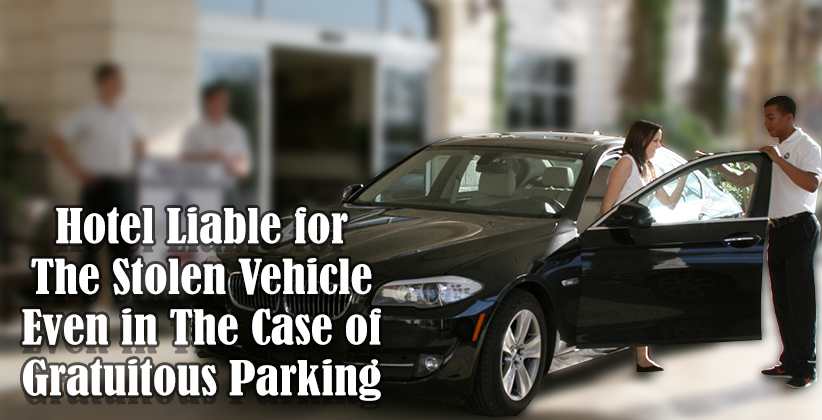
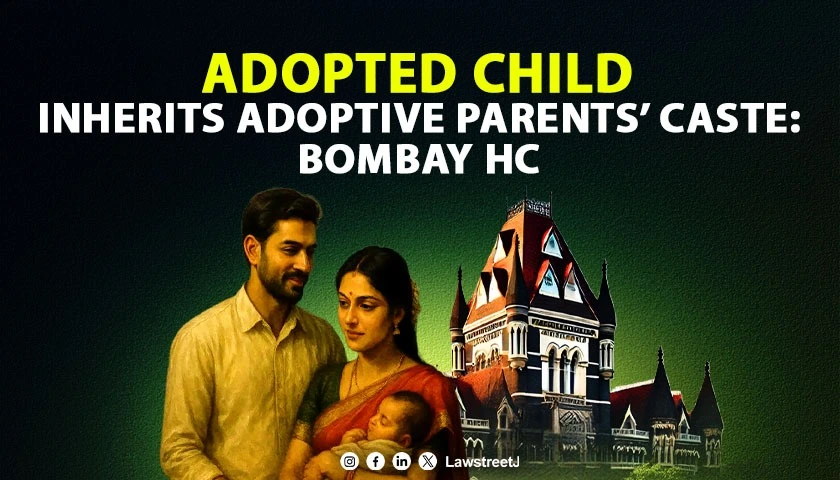
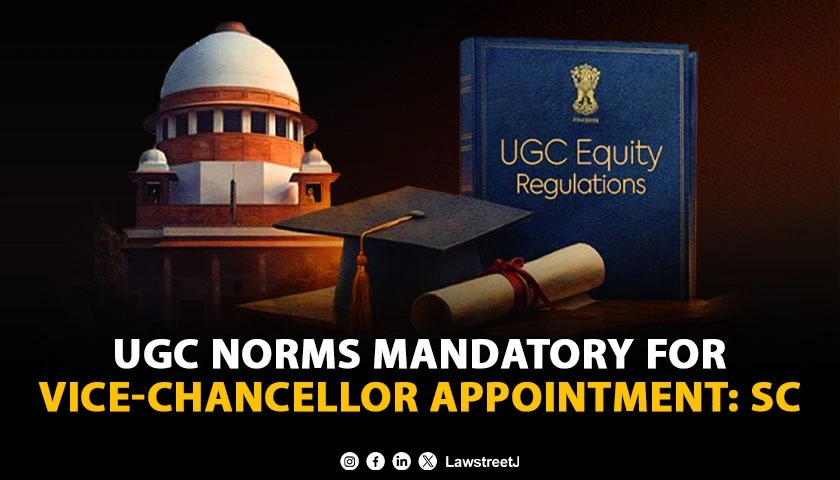
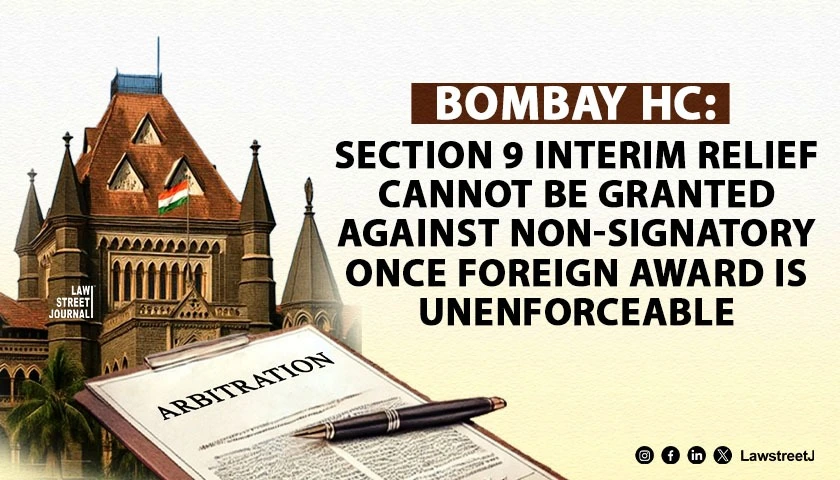
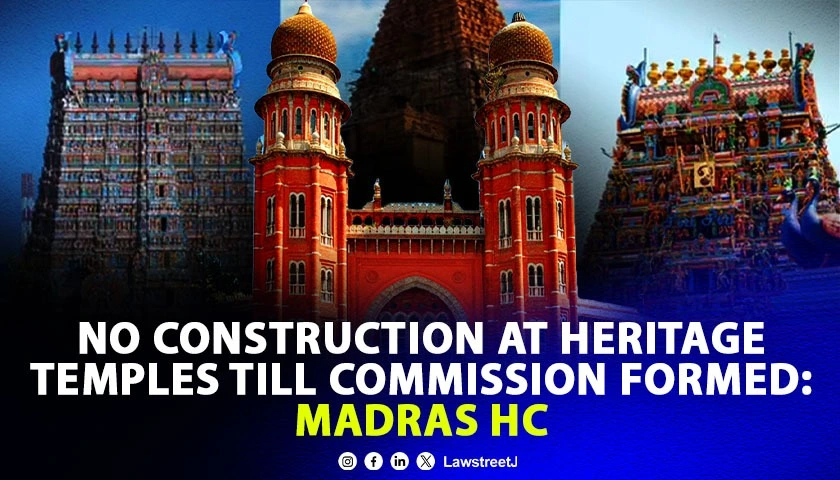

Snow King Retreat Nov 30, 2020
It is a great blog post.Helpful and informative tips. I like it thanks for sharing this information with us
meadow on the ridge Nov 30, 2020
It is a great blog post.I am always read your blog helpful and informative tips. I like it thanks for sharing this information with us